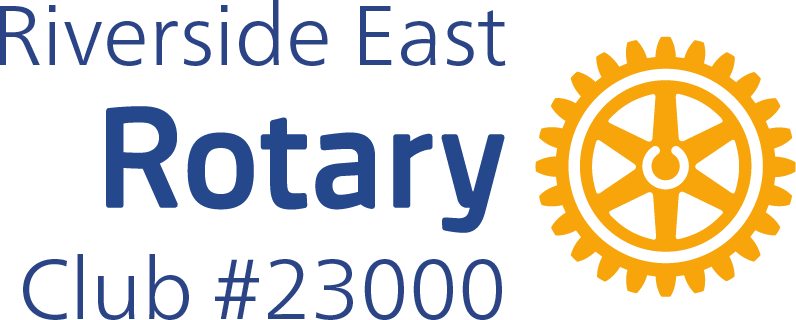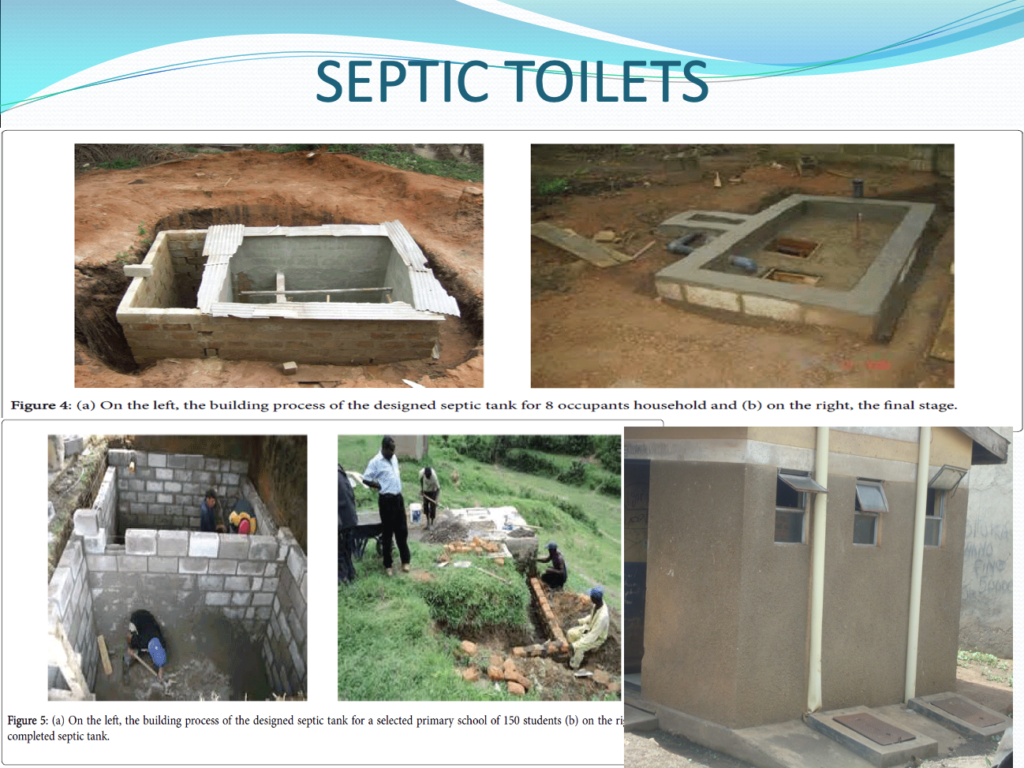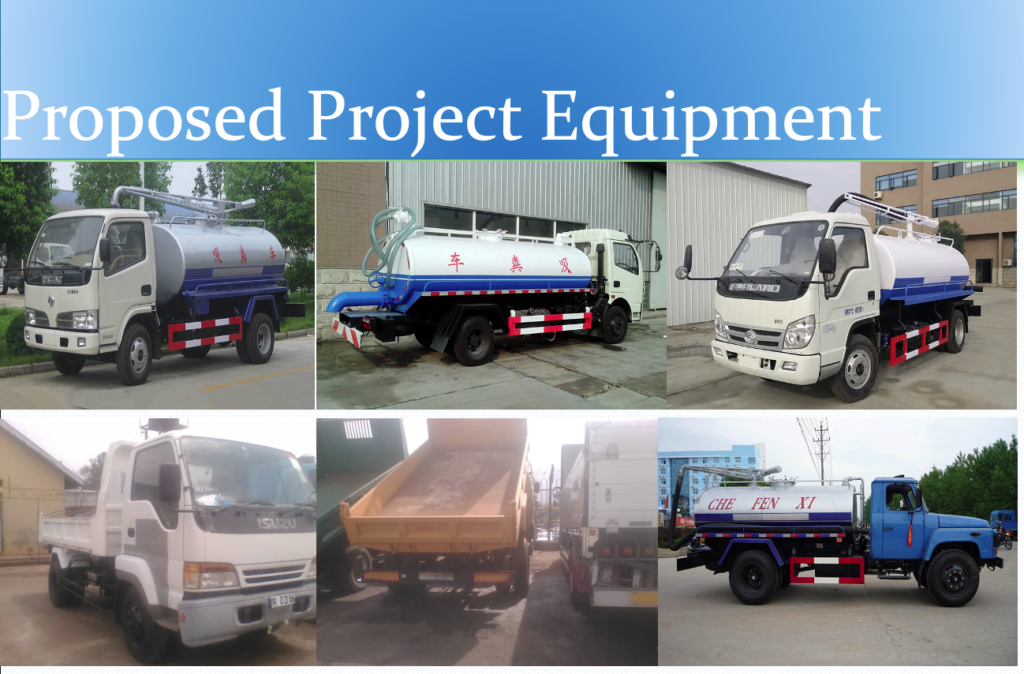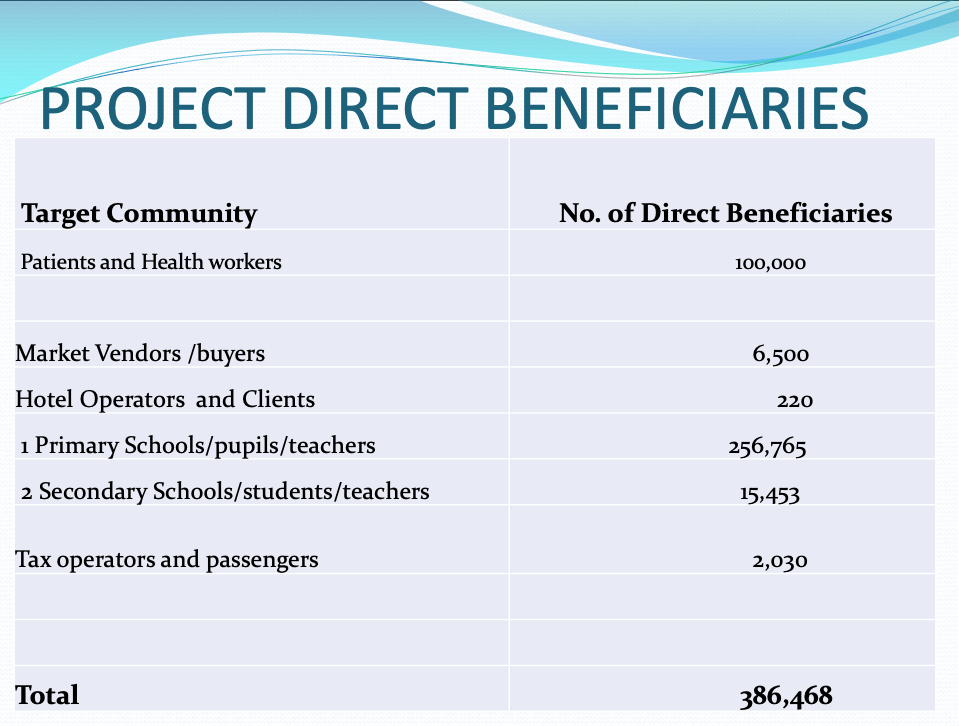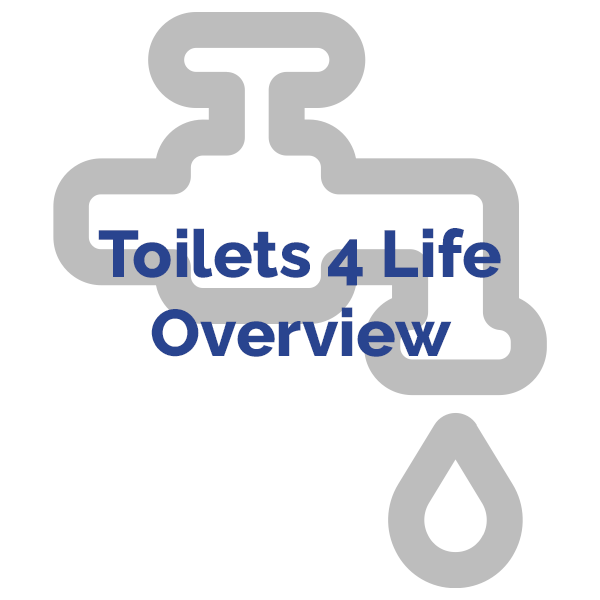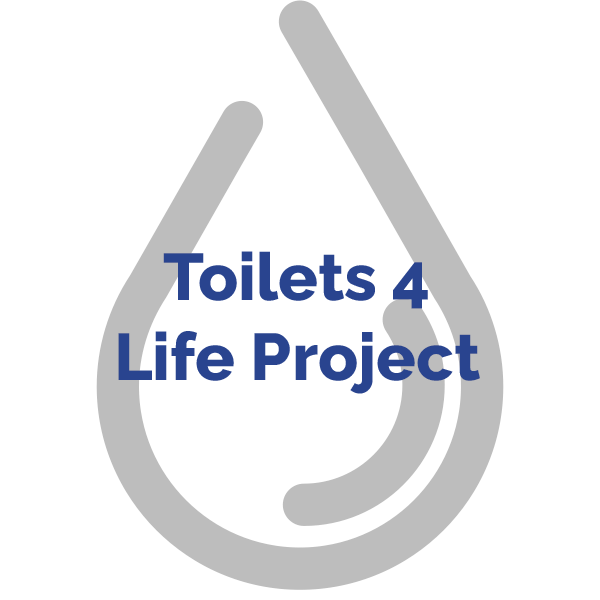Toilets 4 Life Project Details
The Toilets 4 Life project will bring a sustainable system of waste disposal and water use management to the district. Septic toilets will be installed and trucks will be used to pick up waste and bring it to locations where it can be properly disposed. Local stakeholders will be trained, and a plan for ongoing community participation will be implemented.
Project Activities
- Purchase of 1 Emptying Truck: This truck will pick up waste from the septic tanks and bring it to a location it can be properly disposed
- Construction of 5 septic toilet systems. These systems will securely store waste until it can be picked up and properly disposed of
- Training of local stakeholders, builders, and drillers on equipment handling and maintenance
- Formation of hygiene, sanitation, and water use committees
- Startup costs for emptying toilets
Septic Toilet Systems
Each of the septic toilet systems to be built has a capacity for 8 occupants. These systems will allow for secure storage of waste until it can be properly disposed of and will replace the existing ad-hoc system of pit-latrines.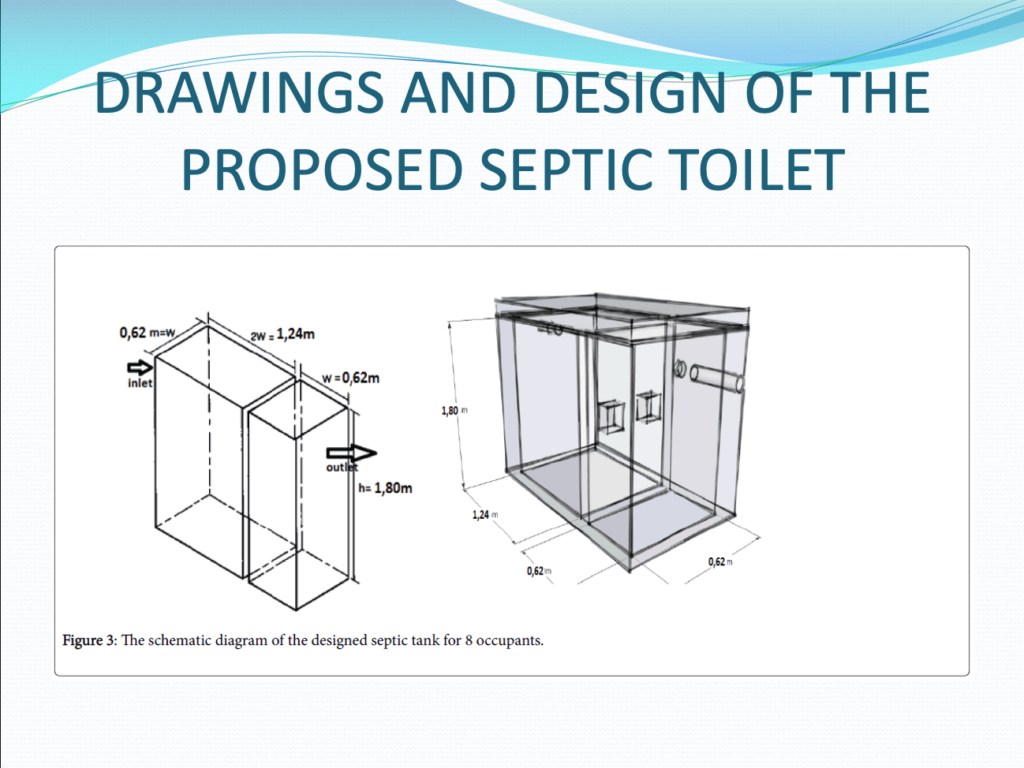
Emptying and Tipping Trucks
Trucks will be used to pick up waste and take it for proper disposal. Project budget includes purchase of initial trucks and startup costs in fuel and wages.
Project Budget Breakdown
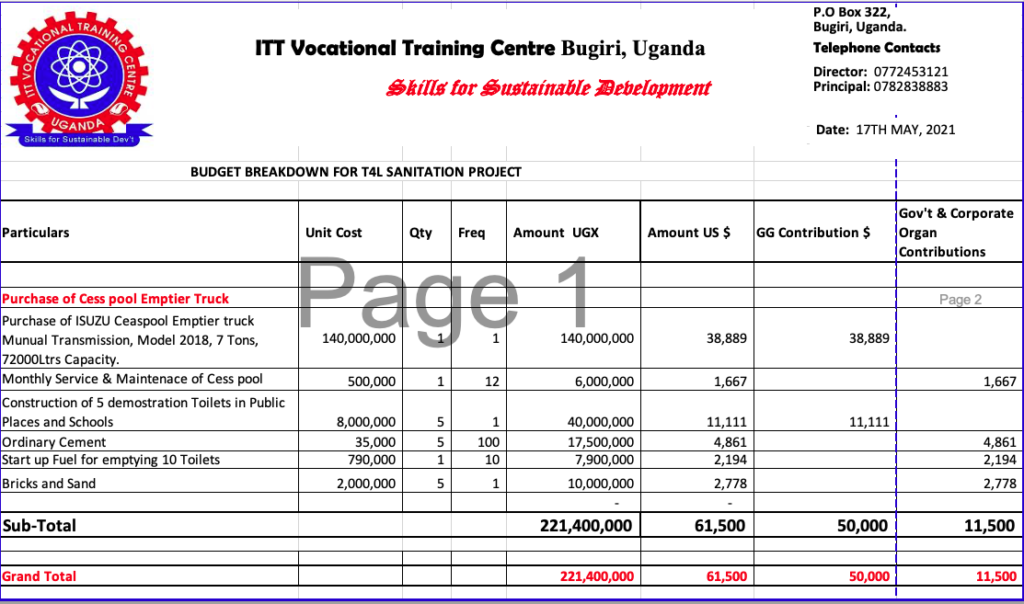
Project Direct Beneficiaries
Community Continuous Participation
- Community labor will be used for the project
- The provision of materials and fuel will be by the community and local governments
- Project will be monitored by trained committees and rotarians
- Community has agreed to provision of funds for operation costs and ongoing maintenance of the project
- User fee will be paid by local governments, schools, hospitals and businesses from their budgets to the project.
Suitability Plan
- Continuous sensitization to benefits of toilets and dangers of open defecation
- Continuous monitoring of the project by the water and sanitation committees to ensure that they indentify faults for early rectification.
- Health Extension staff and water officers will offer support and expert advise on a regular basis
- Management staff will supervise the project to establish progress, find faults and offer support when necessary
- Feces will be processed into manure to provide an ongoing revenue stream for the project
- Liaison with the local leadership and community to identify treatment site and disposal sites
